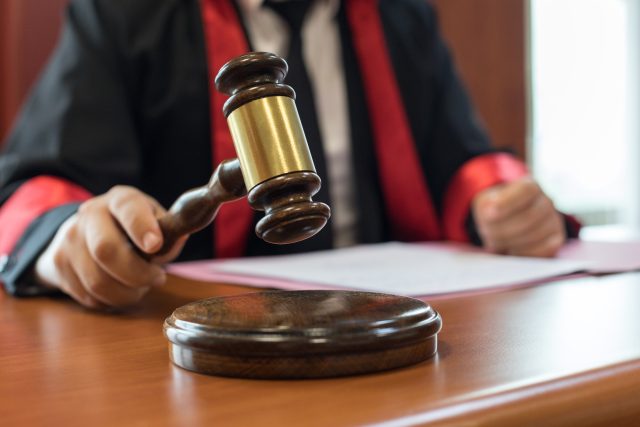This website uses cookies so that we can provide you with the best user experience possible. Cookie information is stored in your browser and performs functions such as recognising you when you return to our website and helping our team to understand which sections of the website you find most interesting and useful.
Groundbreaking négociant case to reach verdict this week
An unprecedented legal case being dubbed Winemakers Vs Négociants is expected to be wound up on 22 February. The decision could have a long-reaching impact on grape prices, and place limitations on the activities of Bordeaux négoces. db reports.

Two major Bordeaux négociants, Ginestet and Excell (a subsidiary of Cordier), were called before the Bordeaux Commercial Court in January, charged with unfairly driving down the price of a winegrower’s grapes.
The case has kept French vintners on the edge of their seats, as it’s seen by many to highlight the wider issue of grape growers receiving pitifully small sums for their crops, or risk being “blacklisted” by négociants. The current system, say the country’s grape growers, effectively has them over a barrel.
If the ruling goes against the négociants, it could set a legal precedence in terms of who determines the price of grapes, and how. The case is being unofficially dubbed by those following it as Winegrowers Vs Négociants.
Instigated by Médoc grower Rémi Lacombe (of Château Bessan-Ségur) more than a year ago, the court case hinges on the fact that Ginestet and Excell wanted to buy Lacombe’s wines at a price of €1,200 per tonneau (900 litres), when the cost of Lacombe’s production stood well in excess of this at an estimated €1600 per tonneau.
According to Lacombe’s attorney, a law established in 2018 (the Egalim Law) states that the seller should set the price for its goods, and not the buyer. Furthermore, the same law prohibits farmers from being offered a purchase price below the cost price plus 8%.
“It is remarkable, to say the least, that négociants in Bordeaux are not adhering to the law,” said Louis Lacamp, representing Lacombe.
“Nowadays they phone you up offering €1200 a tonneau,” Lacombe told Le Point. “There’s no discussion, you take it or you don’t… If you try to argue they hang up and its all over.”
No longer slaves
“We no longer want to be slaves to some of our distributors who don’t care about us, our products or our châteaux,” Lacombe himself has said. “What I’m doing, I’m doing for all those who can’t do it for fear of being blacklisted.”
Ginestet and Excell insist that the proposed transaction was “a classic brokerage deal” that offered a fair price for the quality of the wine, and that there was no pressure on Lacombe to accept the price. The two négociants have also called into question the finances of Château Bessan-Ségur, requesting an audit be carried out by an accountancy firm, as a possible incentive for Lacombe bringing the case.
Furthermore, Château Bessan-Ségur is one of the untended estates that have been drawing complaints from neighbouring wineries due to a breakout of the disease flavescence dorée, which is spread by leafhopper insects.
Affected producers claim that a refusal to comply with a mandatory order to treat vines has led to the disease spreading and decimating crops in Beaujolais. Authorities have repeatedly asked landowners to destroy or treat abandoned vines, but many have neglected or refused to do so.
The Bordeaux Commercial Court is expected to deliver its verdict in the Lacombe Vs Ginestet and Excell case on 22 February.

